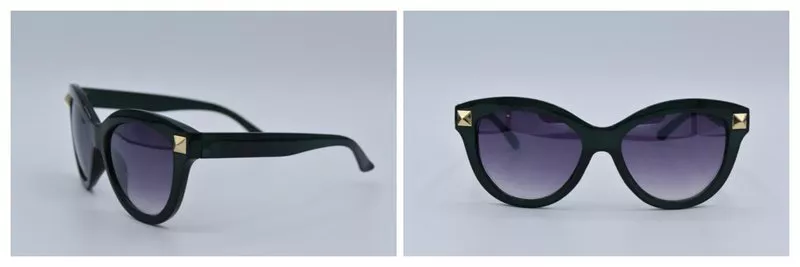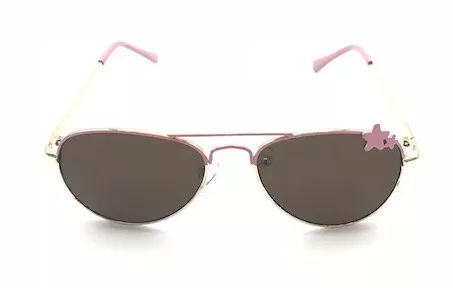Product photography: here's how to do it yourself

A photo tent lends itself perfectly to taking product photos. The biggest challenge in finding a photo tent, is to find one where the lighting works well. After all, you don't want to have too much shadow in the photos of your eyewear.
We tested several for you and Portable Photocube from Caruba with LED lighting came out on top.
Why do we like this photo tent?
As mentioned earlier, you don't need to invest in an expensive camera at all. Your smartphone can certainly already suffice, at least if it has a good camera. We conducted two tests: one with an iPhone 7 Plus and one with an iPhone 6s. There is virtually no difference in the results.
We recommend using an adapted tripod. The advantage is that you can then always take your picture from the same vantage point. We are using the Joby GripTight One Gorillapod in this test.
Do you still opt for a digital camera? Then you should pay particular attention to being able to set the exposure. Other than that, for product photography, it doesn't really matter which camera you use.
In this test, we used the Nikon D5500 camera with a tripod.



Set up your photo tent correctly.
Make sure you set up the photo tent correctly and choose the desired position of your glasses. It is best to place the glasses 15 cm from the front toward the center.
First, do a test and mark the location of your glasses with a fine pencil mark. Put 2 dashes on the inside and in the middle of the glasses, that way it will never be visible at the next session.
Make sure you don't see a false reflection in the lenses, as in the example below.

Set the camera to square format. Make sure your HDR function is off, that way your product photos will look fresher (see below).

To make the background look whiter, you can overexpose the photo extra.

Just be careful not to overexpose, and you will get the result below. You can see that certain parts of the frame are no longer clearly visible.

Set your camera to mode P. The advantage to this mode is that you can overexpose, whereas you can't with auto mode.
It's best to stay about 20cm away from the glasses. If you stand further or closer, it is difficult to focus on the glasses. This may well depend on which lens you are using.
We achieved the best results when we set the exposure in position P between 0.3 and 0.7.
Below are 2 examples. One on position 'automatic' and one on position P with an exposure set to 0.3.

With the right photo tent in place, you can take professional product photos of your frames quickly and efficiently. Don't have a digital camera at hand? A smartphone with a decent camera is at least as good. Provided you have the right settings, the difference between smartphone and digital camera is negligible, as our own tests have shown.
Curious about even more tips for taking professional photos with your smartphone? Then be sure to visit Vicky Bogaert's blog at smartphonephotography.be.
